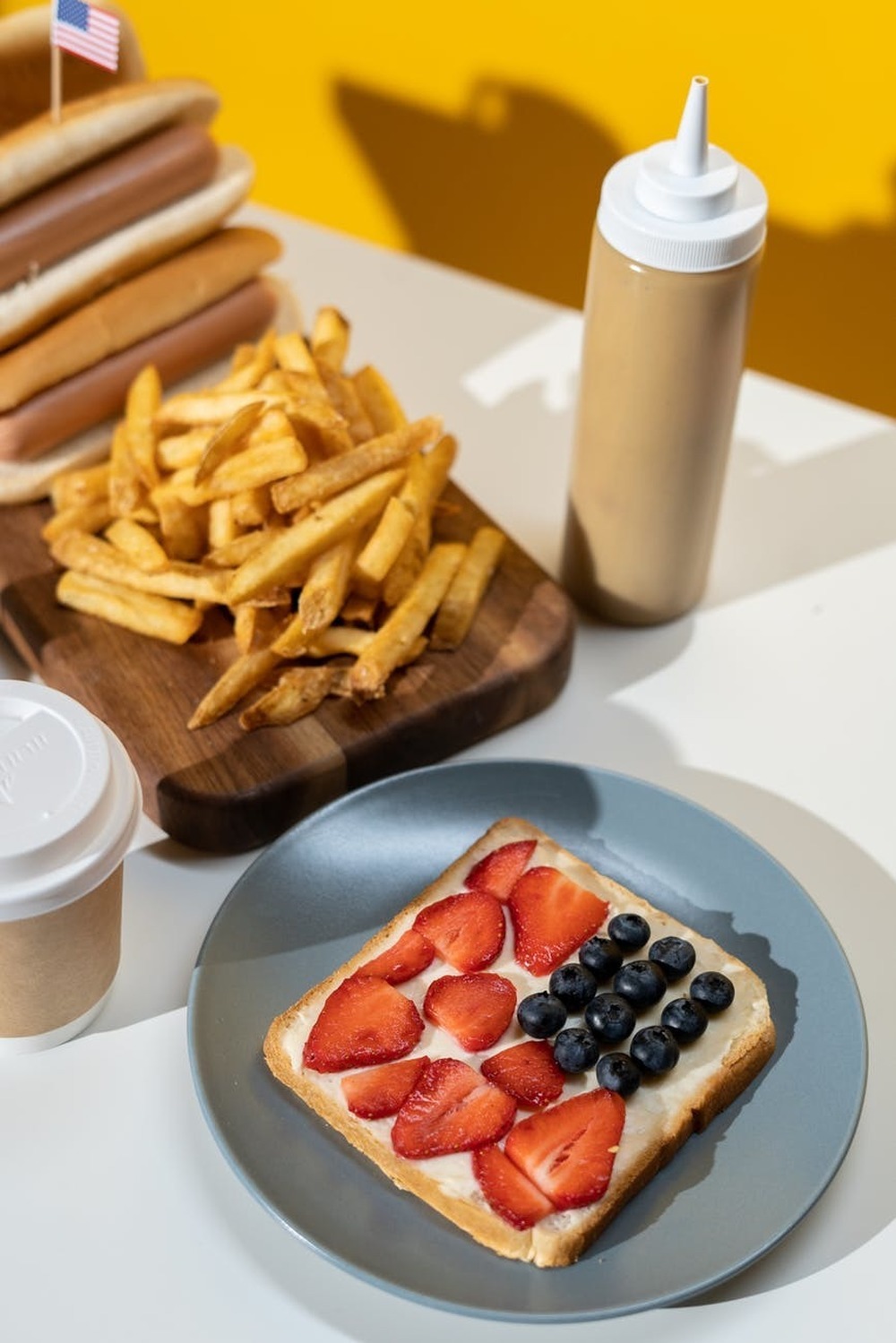One of the most essential duties of a restaurant owner is to comply with food safety rules. The staff have to be trained in good hygiene practices. The food preparation and cooking area should be cleaned regularly. If there are sources of contamination, such as pests, then they will need to be dealt with for the safety of customers.
 Over the years, a number of food hygiene protocols have become law. These can be read about on Wikipedia and the UK government website. A rating system has also come into force which ranks restaurants in terms of hygiene. The highest rating attainable is five stars. The majority of eateries aim for this. If they earn fewer stars, then their customer numbers can dwindle.
Over the years, a number of food hygiene protocols have become law. These can be read about on Wikipedia and the UK government website. A rating system has also come into force which ranks restaurants in terms of hygiene. The highest rating attainable is five stars. The majority of eateries aim for this. If they earn fewer stars, then their customer numbers can dwindle.
Inside the kitchen, hand wash basins should be installed. Furthermore, any toilets must not be in areas where food is being prepared. Recently, legislation has come into force which means that all basins should have hot water. Most eateries also have separate areas for washing hands and food.
Ventilation is a less recognised but still important aspect of food hygiene. So too is lighting. If the kitchen has good brightness levels, then chefs will be able to notice any issues with the cuisine. Staff members are encouraged to clean the walls, ceilings and floor regularly. Doing so will stop the accumulation of mould, dirt and condensation. Consequently, large sections of the kitchen need to be made from materials that can be quickly disinfected with standard cleaning products.
